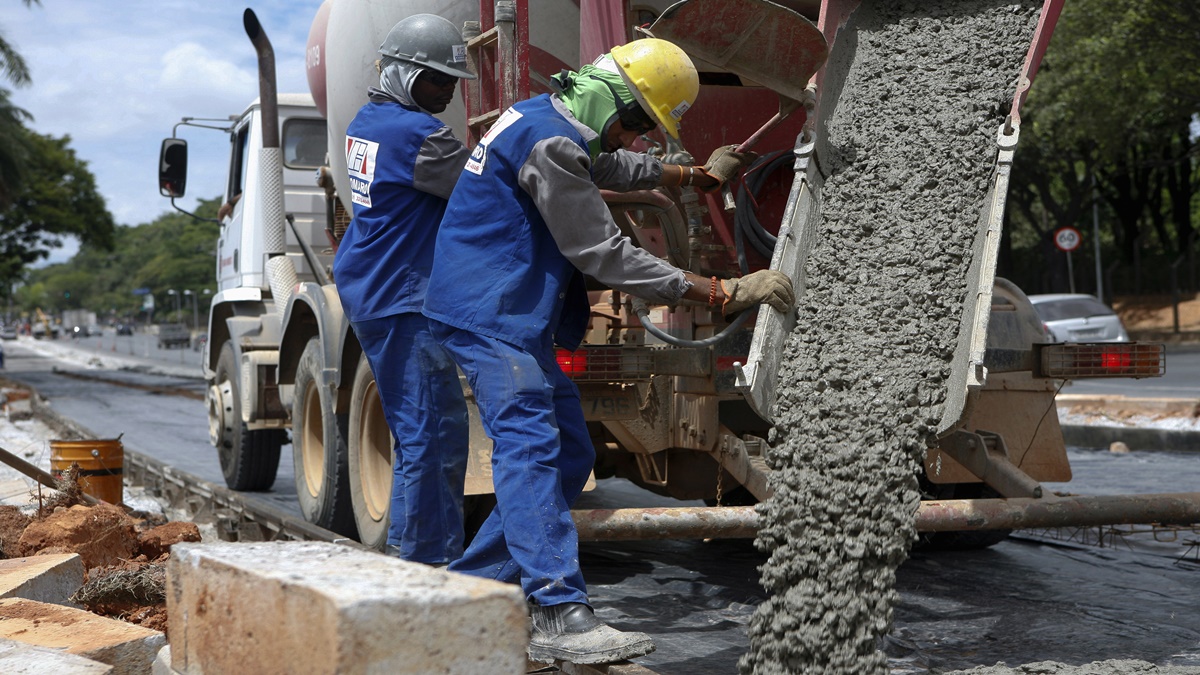Shree Cement Reports Slightly Lower Q4 Profit Amid Rising Costs
In a recent financial announcement, Shree Cement revealed its fourth-quarter profits for the year, which fell just short of analyst predictions. Despite achieving record sales volumes, the company faced mounting expenses and an increased tax burden, dampening what could have been a stellar performance.
Profit Figures and Analyst Expectations
The company’s net profit experienced a decline of approximately 16%, settling at 5.56 billion rupees (around $65.2 million). This figure narrowly missed the average analyst forecast of 5.59 billion rupees, highlighting the pressures impacting profitability, as noted in data from LSEG.
Record Sales and Revenue Growth
Shree Cement achieved remarkable sales volumes, reaching an impressive 9.84 million tonnes for the quarter. This surge helped drive revenue to 52.40 billion rupees, reflecting a 3% increase that surpassed many analysts’ expectations. However, this success was overshadowed by a 5% rise in total costs, which climbed to 46.48 billion rupees. Notably, the cost of freight—a significant portion of overall expenses—spiked by over 10%. Additionally, the company’s tax expenses surged by 69%, adding further strain to their financial results.
Seasonal Trends in Cement Demand
Typically, the January to March period in India is characterized by favorable weather conditions that boost construction activities, thereby increasing the demand for cement. This seasonal advantage generally allows cement manufacturers to ramp up production and improve sales volumes. Fortunately, Shree Cement witnessed a recovery in prices during the past few months, reversing the downward trend seen throughout most of the previous year.
Cement Industry Insights
Despite Shree Cement’s performance, the broader cement industry has shown mixed outcomes. According to brokerage firm Ambit Capital, the average cement price across India for the January-March quarter was down 2% year-on-year. Market leader UltraTech Cement fell short of forecasts due to weak pricing, while Ambuja Cements, owned by Adani, enjoyed a boost in profits thanks to strong sales volumes.
In summary, while Shree Cement’s quarterly results showcased impressive sales, the rising costs and tax obligations highlight ongoing challenges in the cement industry, reflecting a complex landscape for stakeholders.











